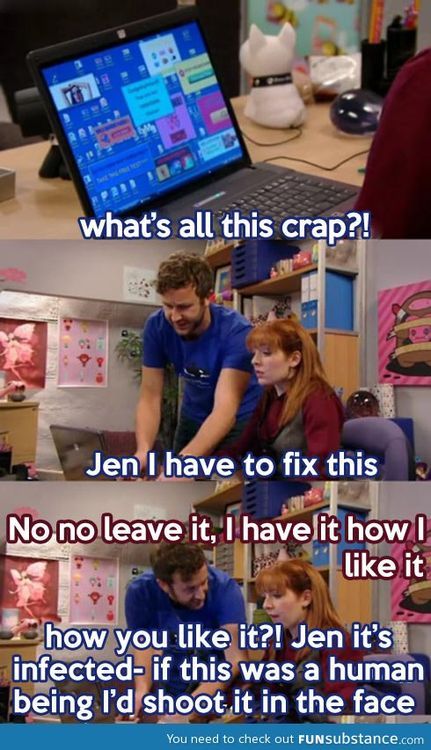

Honestly, this is why I tell developers that work with/for me to build in logging, day one. Not only will you always have clarity in every environment, but you won’t run into cases where adding logging later makes races/deadlocks “go away mysteriously.” A lot of the time, attaching a debugger to stuff in production isn’t going to fly, so “printf debugging” like this is truly your best bet.
To do this right, look into logging modules/libraries that support filtering, lazy evaluation, contexts, and JSON output for perfect SEIM compatibility (enterprise stuff like Splunk or ELK).


I just want to echo your sentiment with something I’ve been saying here for a while now: